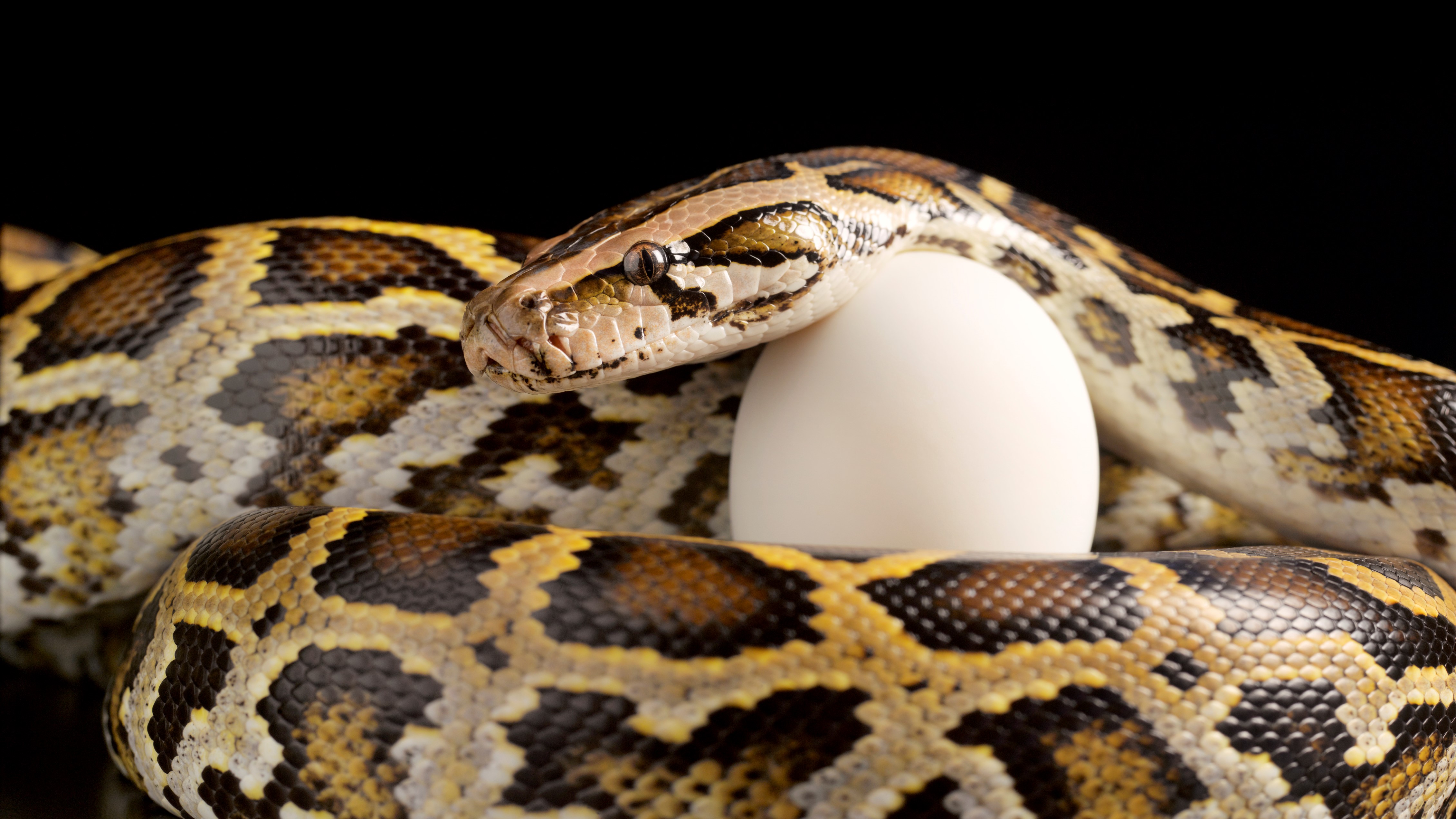Enormous Burmese python killed in Florida Everglades was about to lay 60 eggs
Invasive pythons across the state are about to start laying their eggs after spring's mating season, with the 16-foot (5 meter) female caught being no exception.
Get the world’s most fascinating discoveries delivered straight to your inbox.
You are now subscribed
Your newsletter sign-up was successful
Want to add more newsletters?

Delivered Daily
Daily Newsletter
Sign up for the latest discoveries, groundbreaking research and fascinating breakthroughs that impact you and the wider world direct to your inbox.

Once a week
Life's Little Mysteries
Feed your curiosity with an exclusive mystery every week, solved with science and delivered direct to your inbox before it's seen anywhere else.

Once a week
How It Works
Sign up to our free science & technology newsletter for your weekly fix of fascinating articles, quick quizzes, amazing images, and more

Delivered daily
Space.com Newsletter
Breaking space news, the latest updates on rocket launches, skywatching events and more!

Once a month
Watch This Space
Sign up to our monthly entertainment newsletter to keep up with all our coverage of the latest sci-fi and space movies, tv shows, games and books.

Once a week
Night Sky This Week
Discover this week's must-see night sky events, moon phases, and stunning astrophotos. Sign up for our skywatching newsletter and explore the universe with us!
Join the club
Get full access to premium articles, exclusive features and a growing list of member rewards.
A huge Burmese python has been caught in Florida with a clutch of 60 eggs that were "just days from being laid."
Hunter Mike Kimmel captured and killed the 16-foot-long (5 meters) snake in the Everglades, where the invasive species has been wreaking havoc on local ecosystems for decades.
"A python this size can eat anything in the Everglades, as I've proven with the multiple adult alligators I've rescued from being eaten by pythons (3 separate times)." Kimmel wrote in an Instagram post after the catch.
A post shared by Trapper Mike (@pythoncowboy)
A photo posted by on
Burmese pythons (Python bivittatus) are native to Southeast Asia, where they are considered endangered in many regions as a result of hunting and habitat loss. They were introduced to Florida's Everglades via the exotic pet trade and quickly gained a foothold throughout the 1980s and 1990s, feasting on native populations such as rabbits, opossums, bobcats and even alligators.
Related: Burmese pythons are helping rats take over Florida's Everglades — and that could help spread disease
Limiting the spread of Burmese pythons is a key goal of the Florida Fish and Wildlife Commission, and it is legal for people to hunt and kill them humanely. It is unclear how many of these snakes now live in the Everglades, but the population is thought to number in the tens of thousands. Since 2000, over 17,000 have been removed from the wild.
One of the reasons the population is difficult to control is the number of offspring they produce. Burmese pythons mate in spring, with each sexually mature female laying up to 100 eggs about three months after mating. After the eggs are laid, the female coils around them to incubate them for six to eight weeks, until they are ready to hatch. A study published 2016 found the number of Burmese python eggs that go on to successfully hatch was 77%.
Get the world’s most fascinating discoveries delivered straight to your inbox.
In 2022, researchers caught the biggest Burmese python ever found in the Everglades — an 18-foot-long (5.5 m) behemoth weighing 215 pounds (98 kilograms). It carried 122 egg follicles — spherical structures that mature into eggs after fertilization.
And in April this year, a team led by the U.S. Geological Survey caught a python that had laid 96 eggs in one go — setting a new record for Florida, New Scientist reported.

Hannah Osborne is the planet Earth and animals editor at Live Science. Prior to Live Science, she worked for several years at Newsweek as the science editor. Before this she was science editor at International Business Times U.K. Hannah holds a master's in journalism from Goldsmith's, University of London.
 Live Science Plus
Live Science Plus











